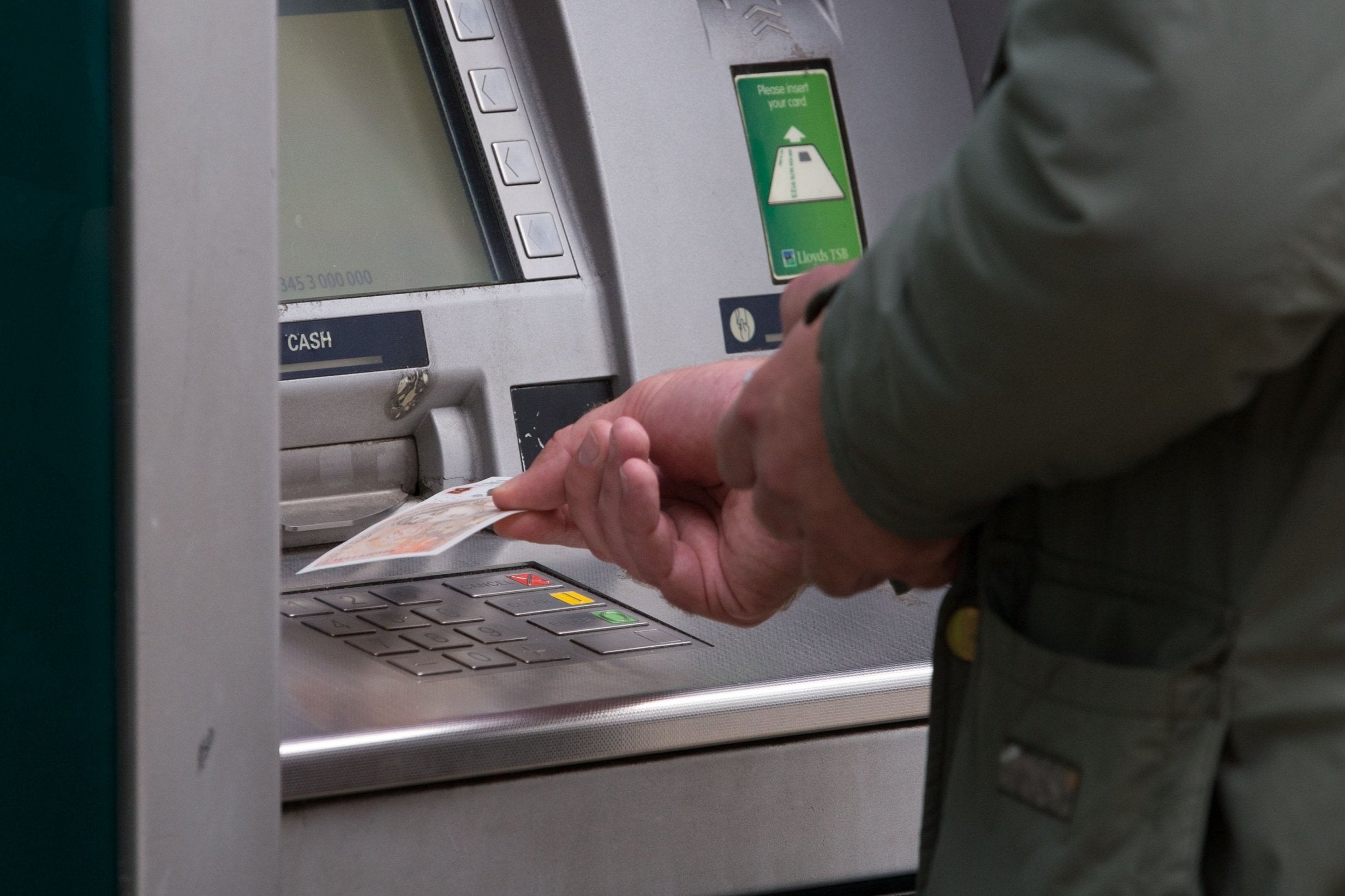Free cashpoints vanishing from high streets at 'alarming rate', consumer group warns
Research shows that in first three months of 2019, nearly 1,700 cash machines were converted to charge fees

Your support helps us to tell the story
From reproductive rights to climate change to Big Tech, The Independent is on the ground when the story is developing. Whether it's investigating the financials of Elon Musk's pro-Trump PAC or producing our latest documentary, 'The A Word', which shines a light on the American women fighting for reproductive rights, we know how important it is to parse out the facts from the messaging.
At such a critical moment in US history, we need reporters on the ground. Your donation allows us to keep sending journalists to speak to both sides of the story.
The Independent is trusted by Americans across the entire political spectrum. And unlike many other quality news outlets, we choose not to lock Americans out of our reporting and analysis with paywalls. We believe quality journalism should be available to everyone, paid for by those who can afford it.
Your support makes all the difference.Free cashpoints are vanishing from the high street at an alarming rate, according to consumer rights group Which?.
Nearly 1,700 cash machines were converted to charge fees in the first three months of this year alone, research by the organisation found.
And two of the UK’s biggest cashpoint providers have admitted they are likely to convert thousands more by the end of the year.
NoteMachine said it was considering converting some 4,000 of its 7,000 cashpoints to charge fees, while Cardtronics – the UK’s biggest single operator – warned it would probably make another 1,000 machines fee-charging.
Which? said the rate of change meant the UK risked becoming a “no cash” society, which could shut millions of people out of vital local services.
“Communities are being stripped of free access to cash at an alarming rate that could hit the most vulnerable in our society the hardest, while denying millions of people free withdrawals,” said Gareth Shaw, head of money at the group.
“A regulator is desperately needed to get a grip of these rapid changes across the cash landscape and ensure all those still reliant on this important payment method aren’t suddenly shut out from accessing the cash they need in their daily lives.”
The shift comes after the rate that machine providers could charge banks for every transaction was reduced by Link, the company that manages the UK’s network of machines. Operators say that as a result, they need to make up that shortfall by charging customers instead.
They say they also need to increase fees as consumers increasingly switch to contactless payments, meaning fewer people are using cash machines.
But Link said there was no danger of free cashpoints disappearing.
John Howells, the chief executive, said: “Free access to cash is vital for consumers and the UK enjoys extensive coverage that Link is committed to protecting.
“There are more than 50,000 free-to-use ATMs across the UK, 10,000 more than we had in 2009, and currently 12,700 pay-to-use cash machines, down from over 23,000 in 2009.
“Less than 3 per cent of withdrawals at Link ATMs incur a fee.”
A spokeswoman for Cardtronics said: “The decision on whether to introduce a fee is taken on a case-by-case basis and reflects the economic viability of the individual machine. We only ever charge a fee when there is no other option apart from removing the machine altogether.”
Join our commenting forum
Join thought-provoking conversations, follow other Independent readers and see their replies
Comments